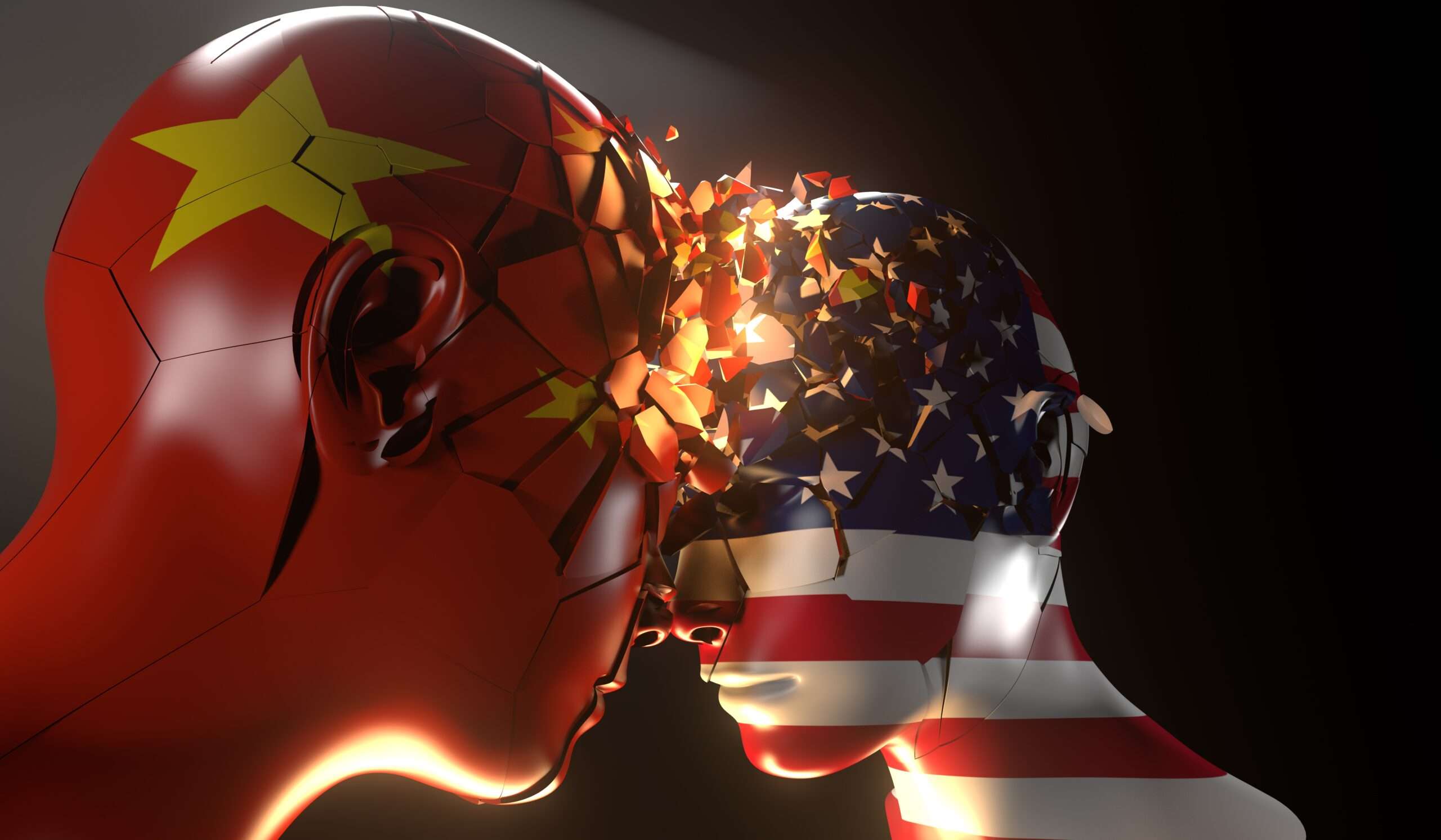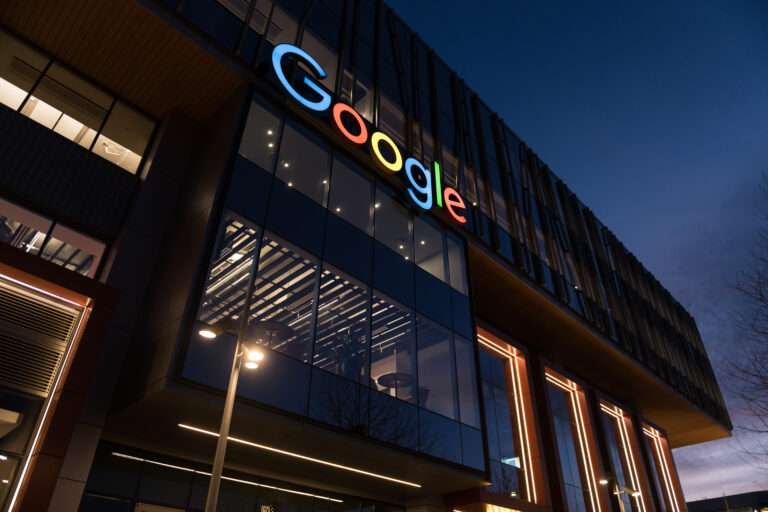
In today’s digital age, political campaigns have taken a new turn with the power of artificial intelligence (AI) in political ads. As one of the tech giants leading the way, Google is pushing for transparency in this realm, aiming to reshape the landscape of political advertising.
With its vast reach and influence, Google recognizes the importance of providing accurate and trustworthy information to both voters and advertisers. Using AI, Google’s algorithm helps identify and prevent misleading or manipulative ads, ensuring that political campaigns adhere to a set of standards.
By leveraging advanced machine learning techniques, Google can detect potentially harmful content and make it more difficult for such ads to reach their intended audience. This level of transparency not only protects users but also enhances the integrity of the democratic process. As the battleground shifts to the digital realm, it is imperative for tech companies like Google to play a responsible role in promoting fair and honest political discourse.
With AI as a powerful tool, Google is leading the way in making political advertising more transparent, ultimately empowering voters to make informed decisions.
Google has announced a new policy regarding political ads that utilize artificial intelligence (AI) and alter images or sounds. Starting in mid-November, any AI-generated election ads on Google platforms, including YouTube, must include a clear disclosure that is easily noticeable to users.
This rule will be implemented ahead of major elections, including the U.S. presidential election and elections in India, South Africa, the European Union, and other regions where Google has an election advertiser verification process.
While the use of fake images, videos, and audio clips in political advertising is not new, generative AI tools have made it easier and more realistic. Some presidential campaigns, such as Florida GOP Gov. Ron DeSantis’ campaign, have already utilized this technology.
For example, the Republican National Committee released an entirely AI-generated ad depicting a dystopian future if President Joe Biden is reelected, featuring fake but realistic images of boarded-up storefronts and military patrols. In response to the rise of AI-generated deepfakes in political ads, the Federal Election Commission has begun the process of potentially regulating them ahead of the 2024 election.
These deepfakes can include synthetic voices of political figures saying things they never actually said. Democratic U.S. Sen. Amy Klobuchar, co-sponsor of proposed legislation that would require disclaimers on deceptive AI-generated political ads, welcomed Google’s announcement but emphasized the need for more than voluntary commitments.
Google’s new policy does not completely ban AI in political advertising. There are exceptions for synthetic content alterations or generations that do not affect the claims made in the ad. AI can still be used for editing techniques such as image resizing, cropping, color correction, defect correction, and background edits. This ban on AI-generated political ads will be applicable to Google’s own platforms, especially YouTube, as well as third-party websites within Google’s ad display network.







